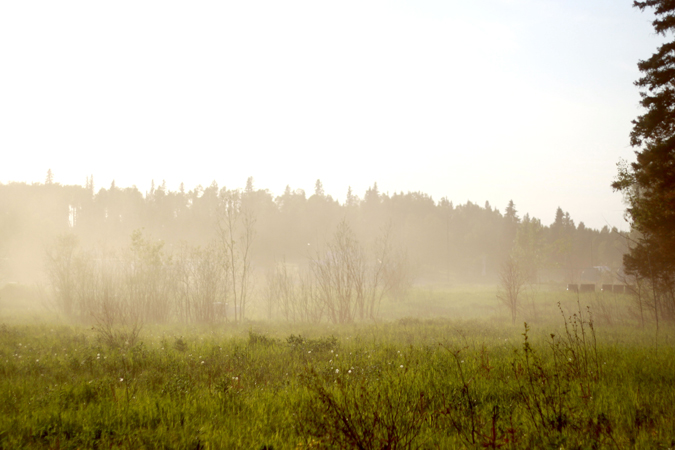
Power outages and fire retardants may have affected the quality of your water and the safety of your food. The impact on you and your family will vary according to your situation but all evacuees are advised to take steps to ensure your food and water is safe when returning to their homes.
Water Quality
For residents who are on a community water system:
Questions about the quality of drinking water should be directed to the local water supplier (e.g. municipality, utility provider, etc.). These suppliers are best able to assess how their systems have been affected and whether there is any impact on the quality of drinking water.
Community water systems where fire retardant was used in their watershed area will have increased monitoring for changes in water quality. Public notifications will be issued if there is some level of risk or uncertainty associated with drinking water use.
For residents on smaller systems or individual wells that suspect that their water supply has been affected by the fire:
Water should be boiled or an alternative source of drinking water should be used until the water source can be assessed or tested.
Private surface and ground water sources affected by fire retardant application should be tested to ensure compliance with the Canadian Drinking Water Quality Guidelines. Sample bottles can be provided by water testing laboratories. For information on having your private water source tested, please refer to the list of Provincial Health Officer Approved Drinking Water Testing Laboratories:
http://lmlabs.phsa.ca/AboutUs/OurLaboratories/Enhanced+Water+Quality+Assurance+Program.htm or check your telephone directory’s yellow pages under Laboratories – Analytical.
Food Safety
If the power has been out in your home the food in your fridge or freezer may no longer be safe to eat. The following tips will help you determine if food has been affected.
Ideally fridge temperatures should remain at 4 degrees Celsius or colder and foods in the freezer should remain frozen solid.
In a power outage a refrigerator can usually keep food cool for up to four hours and a freezer can usually keep food safe for a few days - if it is kept closed.
If you don’t have a thermometer or if you don’t know how long your fridge or freezer was without power:
⦁ Check the products in the fridge for spoilage and souring.
⦁ Milk and other dairy products that have spoiled/become sour are good indicators that the fridge has been off and all food should be discarded.
⦁ Ice cream that has thawed and refrozen is a good indicator that the freezer has been off.
⦁ Fish product that smells bad upon thawing is also a sign that food in your freezer has thawed and refrozen.
Frozen foods that have thawed must be discarded as they may no longer be safe to eat.
Food in the freezer that has (or may have) reached 4 degrees Celsius or warmer should be discarded and must not be refrozen.
If there has been an extended power outage, it may be necessary to contact your insurance provider. Make a list of items discarded and photograph those items (if possible) for insurance purposes.
Remember, if in doubt - throw it out. Do not take any chances with the safety of your food.
Septic Systems
During fires, some components of septic systems may be damaged. If your property was directly impacted by fire your septic system should be assessed by a Registered Onsite Wastewater Practitioner (ROWP). To find an ROWP in your area:
http://owrp.asttbc.org/c/finder.php
Additional Resources
Wildfire Smoke Health Information

